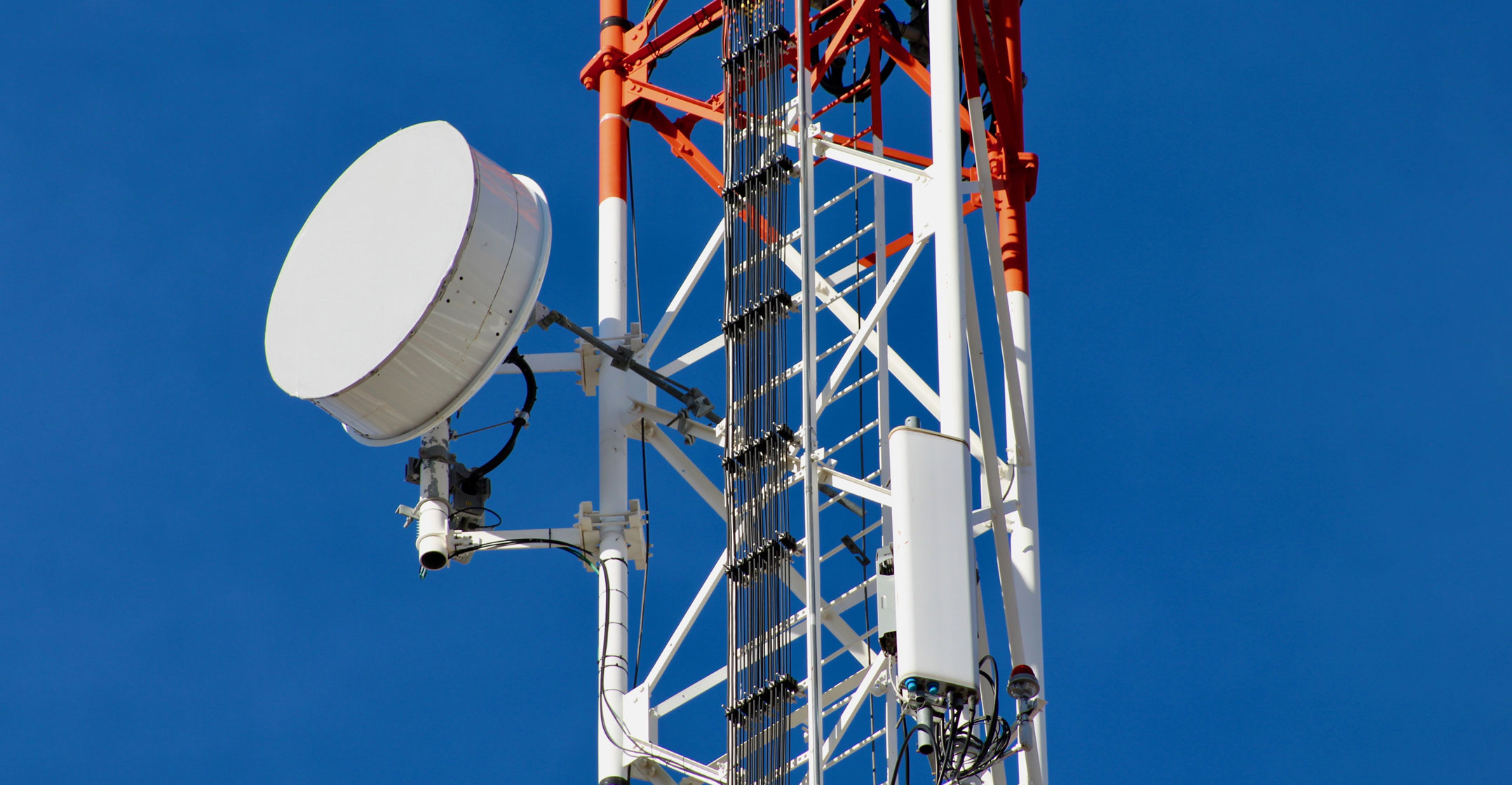
And then there were none. At the dawn of 2018, three African phone tower companies had dreams of selling shares in London or New York. The most optimistic estimates pegged their potential combined valuation at US$15-billion (about R206-billion). One by one, their grand plans fell apart.
IHS Towers, the biggest, was last to put the strategy on hold this week. Potential investors in the Lagos-based company worried about the uncertain outcome of Nigeria’s 2019 presidential election, as well as the drawn-out sale of domestic wireless carrier and IHS customer 9Mobile. Helios Towers and Eaton Towers, which previously scrapped IPOs, are set to stay unlisted for now.
Industry observers aren’t abandoning hope for another rush to public markets, amid expectations the companies will pursue consolidation to gain scale. The companies’ owners — which include Goldman Sachs & Co, Ethos Private Equity and wireless carrier MTN Group — are betting that rising African cellphone use, growing populations and better Internet access continues to justify expansion.
“For tower companies to successfully IPO they need a properly balanced and diversified set of assets, reliable anchor tenants and scale,” said Yana Kamburova, a Dubai-based director at telecommunications deal maker Delta Partners. “The recently failed IPOs of tower companies in Africa will open opportunities for consolidation and or even cross regional transactions.”
Earlier this month, JPMorgan Chase & Co was looking forward to one of its busiest IPO seasons yet for African companies looking to trade their shares in both international and local markets. Since then, an emerging-market rout spurred by fears of a trade war have hammered the continent’s stocks and bonds more than most.
Investors that might have been spooked by the risk profile of some of the countries where the tower companies operate could get more comfortable if the businesses grow, said Laura Graves, MD for Africa at advisory firm TowerXchange.
“Should they continue to expand their portfolios and diversify their footprints, this is likely to increase their attractiveness,” Graves said.
So while the IPO dream may have stalled, the prospect of consolidation means it’s not yet dead and buried. — Reported by Loni Prinsloo and John Bowker, (c) 2018 Bloomberg LP

